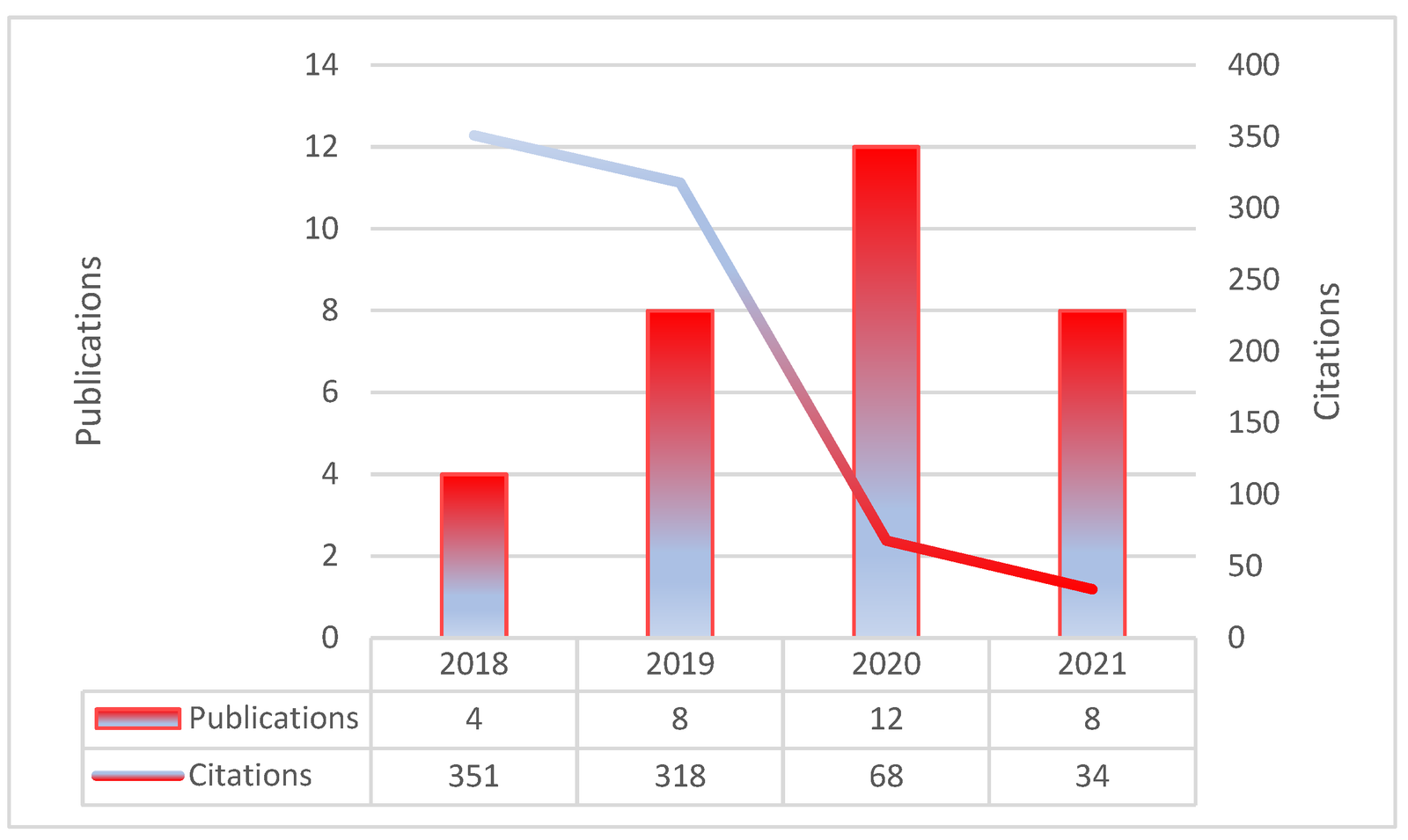In the ever-evolving landscape of agriculture, market volatility stands out as a significant factor influencing crop risk management strategies. Fluctuations in market prices, driven by various economic, political, and environmental factors, can have profound effects on agricultural operations. Farmers and agribusinesses must navigate these uncertainties while managing risks associated with crop production. This article explores the impact of market volatility on crop risk management strategies and highlights how integrating a Field Management System FMS can help mitigate these challenges.
Understanding Market Volatility in Agriculture
Market volatility refers to the rate at which the price of a commodity, such as crops, fluctuates over time. In agriculture, this volatility can be influenced by a range of factors including:
Global Supply and Demand Dynamics: Changes in global demand or supply conditions can cause significant price swings. For example, a bumper harvest in a major producing country can lead to lower prices globally, while droughts or other adverse conditions can drive prices up.
Trade Policies and Tariffs: International trade agreements, tariffs, and other trade policies can impact the market prices of agricultural products. Trade disputes or new regulations can lead to sudden changes in market conditions.
Economic Indicators: Inflation rates, currency fluctuations, and economic growth indicators can affect commodity prices. Economic instability or changes in currency values can influence the purchasing power of buyers and sellers alike.
Weather Conditions: Extreme weather events, such as floods, droughts, and hurricanes, can disrupt production and supply chains, leading to price volatility.
The Implications of Market Volatility for Crop Risk Management
Market volatility can have several implications for crop risk management:
1. Financial Uncertainty
Fluctuating crop prices can create financial uncertainty for farmers. When prices fall, farmers may face lower revenues, which can impact their ability to cover production costs, service debt, and invest in future operations. Conversely, rising prices can lead to increased competition and higher input costs.
To manage this financial uncertainty, farmers need effective risk management strategies. These may include:
Forward Contracts: Locking in prices for future deliveries can help stabilize income and manage price risk. By agreeing to a fixed price with buyers, farmers can mitigate the impact of price fluctuations.
Crop Insurance: Insurance products that cover price drops can provide financial protection against market volatility. Such policies can help farmers recover losses when market conditions lead to lower revenues.
2. Impact on Investment Decisions
Market volatility can influence investment decisions related to crop production. For instance, uncertain market conditions may deter farmers from investing in new technologies or expanding their operations. This reluctance can impact productivity and long-term growth.
Field Management Systems FMS can play a crucial role in supporting investment decisions by providing valuable insights into crop performance and market trends. By analyzing data from various sources, FMS can help farmers make informed decisions about:
Resource Allocation:
Optimizing the use of inputs such as water, fertilizers, and pesticides based on real-time data can enhance crop yields and reduce costs.
Crop Selection: Data-driven insights can help farmers select the most suitable crops for their specific conditions and market demands, potentially improving profitability.
3. Supply Chain Disruptions
Market volatility can lead to disruptions in the agricultural supply chain, affecting everything from input supply to distribution. For example, fluctuations in input prices can impact the cost of production, while market uncertainty can disrupt logistics and transportation.
Field Management Systems can help mitigate supply chain disruptions by:
Improving Forecasting: FMS can provide accurate forecasts of crop yields and market conditions, allowing farmers to plan better and manage inventory effectively.
Enhancing Coordination: By integrating with supply chain management tools, FMS can improve coordination between different stakeholders, ensuring a more streamlined flow of goods from farm to market.
4. Risk of Crop Losses
Market volatility can exacerbate the risk of crop losses, particularly when prices are low and farmers are less able to invest in risk mitigation measures. Low prices may lead to underinvestment in crop protection and management practices, increasing the likelihood of losses due to pests, diseases, or adverse weather.
By incorporating risk management features, FMS can help farmers address these challenges:
Real-Time Monitoring: FMS provides real-time data on field conditions, enabling farmers to take timely action to prevent or mitigate crop losses.
Predictive Analytics: Advanced analytics can help farmers anticipate potential risks and implement preventive measures, reducing the likelihood of crop damage.
Integrating Field Management Systems into Risk Management Strategies
Field Management Systems are essential tools for modern crop risk management. By integrating FMS into their operations, farmers can gain valuable insights and improve their ability to manage the impacts of market volatility. Here’s how FMS enhances risk management strategies:
1. Data-Driven Decision Making
FMS provides a comprehensive view of field conditions, crop health, and market trends. This data-driven approach enables farmers to make informed decisions about:
Optimal Timing: Knowing the best time to plant, irrigate, fertilize, and harvest can maximize crop yields and reduce risks associated with market volatility.
Input Management: By analyzing data on soil health and weather conditions, FMS helps
farmers optimize input usage, reducing costs and minimizing environmental impact.
2. Enhanced Risk Assessment
FMS can integrate data from various sources to assess risk more accurately. This includes:
Weather Data: Monitoring weather patterns and forecasts helps farmers prepare for adverse conditions that could impact crop production.
Pest and Disease Monitoring: FMS can track pest and disease outbreaks, enabling farmers to apply targeted treatments and reduce crop losses.
3. Improved Resource Management
Efficient resource management is crucial for managing crop risks. FMS helps farmers:
Optimize Irrigation: Real-time data on soil moisture levels allows farmers to manage water usage more effectively, reducing water stress and improving crop health.
Manage Fertilization: By analyzing soil nutrient levels, FMS ensures that fertilizers are applied in the right amounts, enhancing crop growth and reducing waste.
4. Financial Planning and Risk Mitigation
FMS can assist with financial planning by providing insights into:
Cost-Benefit Analysis: Assessing the financial impact of different risk management strategies helps farmers make informed decisions about investments and expenditures.
Scenario Planning: Simulating different market scenarios and their potential impacts on crop production and revenue helps farmers prepare for various outcomes.
Conclusion
Market volatility presents significant challenges for crop risk management, affecting financial stability, investment decisions, supply chain efficiency, and the risk of crop losses. However, by integrating a Field Management System into their operations, farmers can better navigate these uncertainties. FMS offers valuable data-driven insights, enhances risk assessment and resource management, and supports financial planning.
As the agricultural sector continues to evolve, the ability to effectively manage market risks will
be crucial for ensuring sustainable and profitable crop production. Embracing advanced technologies like FMS will empower farmers to make informed decisions, mitigate risks, and adapt to the ever-changing market landscape.






